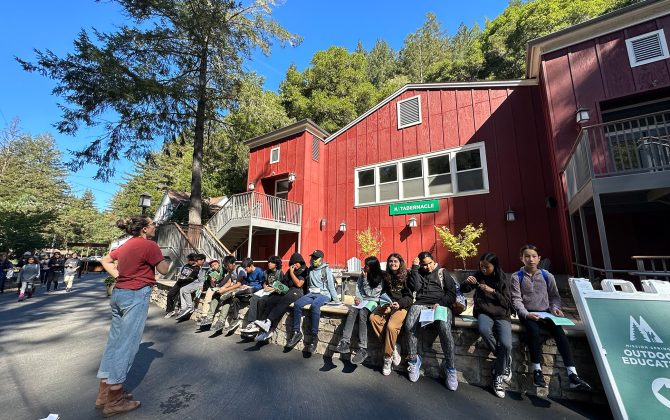New study on youth community: Teenagers today might be the loneliest generation ever.
The Problem:
Smartphones and other connected mobile devices play a major role in the lives of teens today. But what is the real impact of screen time on an adolescent’s social life and their sense of social connection? A new study published in the Journal of Social and Personal Relationships seeks to provide an answer.
Researchers behind the new paper, used data from nationally representative surveys of 8.2 million U.S. adolescents between 1976 and 2017. They compared social interactions among teens from the last few generations. The study suggests that today’s adolescents are less likely to hang out with friends in person or go on dates. The reason, they say, is not a result of increased school workload as many suspect. In fact, they found that teens spend the same amount of time on homework and extracurricular activities as they did in the 1980s and 1990s. The study found a drop in the amount of time teens spend socializing and a marked uptick in feelings of loneliness experienced by adolescents after 2010 – just as smartphone use began to grow. In short: adolescents are spending less time with each other and more time in front of a screen.
The Answer:
From the beginning, the Church was primarily a place to connect with others in the body of Christ for teaching, support, encouragement and prayer.
Acts 2:42-44 says, “They devoted themselves to the apostles’ teaching and to fellowship, to the breaking of bread and to prayer. Everyone was filled with awe at the many wonders and signs performed by the apostles. All the believers were together and had everything in common.” The original church was all about doing life together and reaching out to those in need with the life-changing love of Jesus Christ. All humans desire a place to belong… a place to be seen, heard and understood. This is even more crucial for the youth in our churches. So, how are we going to help our youth feel authentically loved and accepted and welcomed at our church?
Stay tuned next week for some tips on how to develop a youth community that is authentically welcoming.



